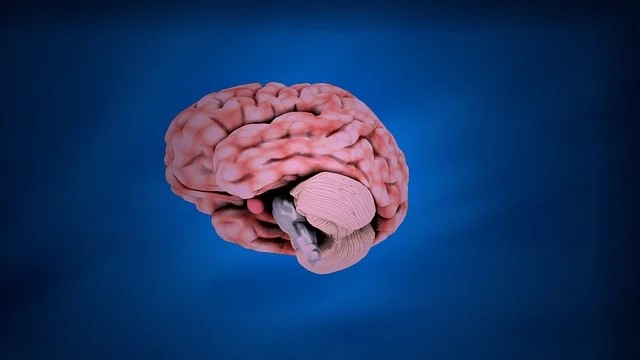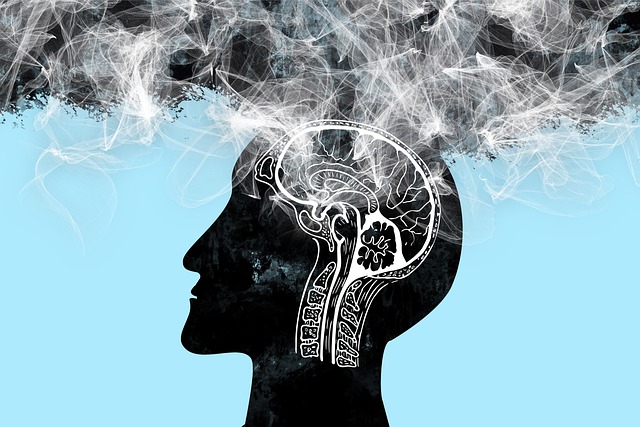
PRISM Project: Advancing a Quantitative Approach to Neuropsychiatry
PRISM project aims to develop a quantitative biological approach for understanding and classifying neuropsychiatric diseases, providing a framework for precision medicine and targeted interventions in mental health care.
January 2022

Bipolar Depression: Characteristics, Challenges, and Treatment Strategies
Update reviews characteristics and management of depression in bipolar disorder, highlighting the need for integrated treatment approaches and personalized interventions to address the complex interplay of mood symptoms in affected individuals.
January 2022

Mechanisms of Tendon Adaptation: Insights into Stiffness and Strength Regulation
Tendon cells sense mechanical stress and adapt to demands by modulating extracellular matrix composition and structure, offering insights into the mechanisms underlying tendon stiffness and strength regulation in response to physiological and pathological stimuli.
January 2022
Alzheimer's Disease and Hippocampal Blood Flow: Insights into Early Pathophysiological Mechanisms
Blood oxygen levels in the hippocampus could explain early memory loss in Alzheimer's disease, shedding light on the underlying neurovascular mechanisms and potential targets for early intervention and disease modification.
January 2022

Focusing on Emotions for People Living with Obesity: Implications for Mental and Physical Health
Participants in obesity management programs experience weight loss and improvements in anxiety, depression, and blood pressure, highlighting the importance of addressing emotional well-being alongside physical health outcomes in individuals living with obesity.
January 2022
Seasonal Variation in Testosterone Levels: Implications for Hormonal Regulation and Health Outcomes
Testosterone levels exhibit seasonal variation, with the lowest levels observed in spring and summer and significantly higher levels in autumn and winter, highlighting the influence of environmental factors on hormonal dynamics and health-related outcomes.
January 2022

Increased Screen Time and Sleep Problems during the Pandemic: Implications for Mental Health
Increased screen time at night during COVID-19 lockdown negatively affects sleep quality, emphasizing the importance of establishing healthy screen habits and promoting sleep hygiene practices to mitigate mental health consequences of prolonged digital exposure.
January 2022


















